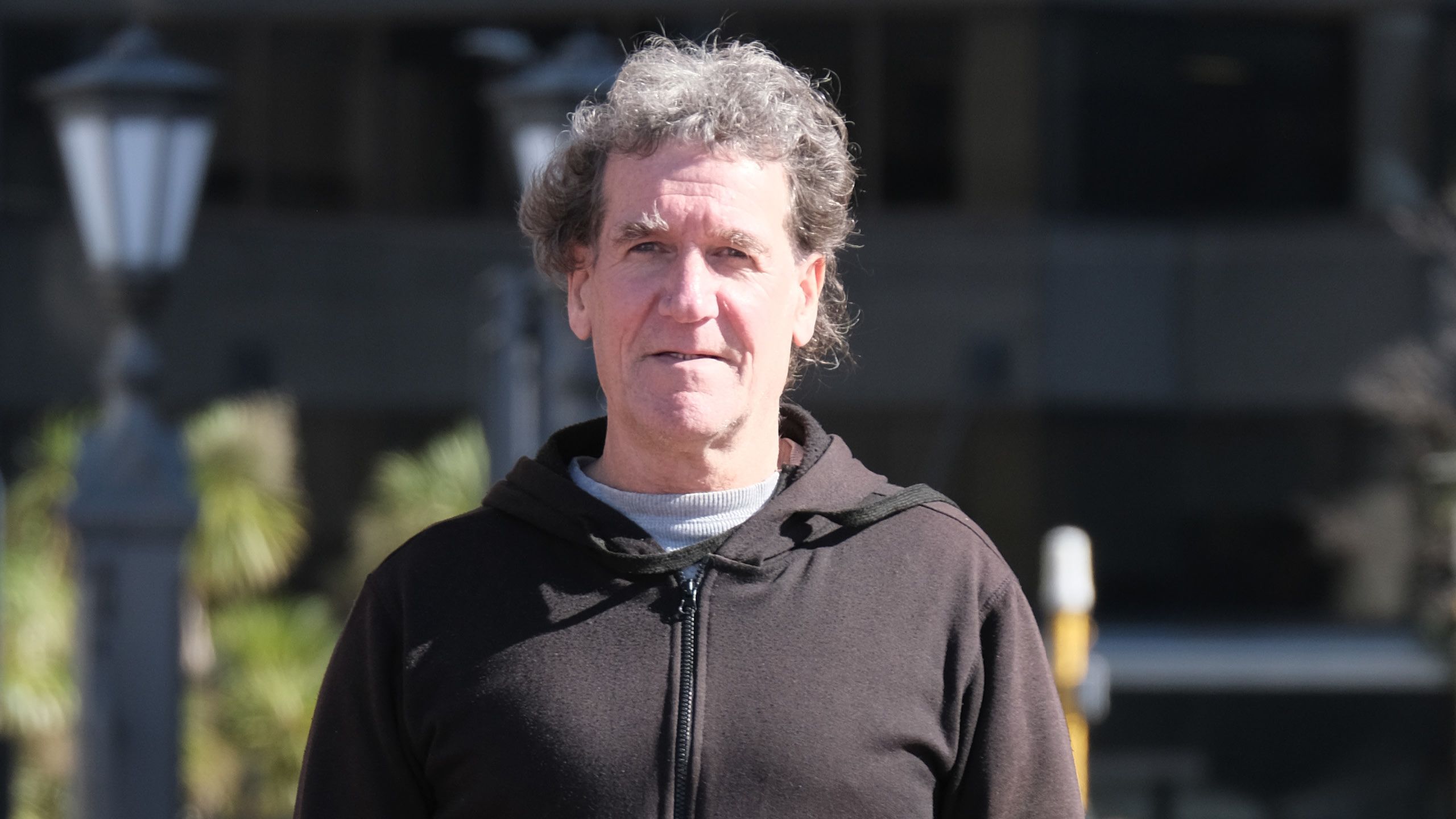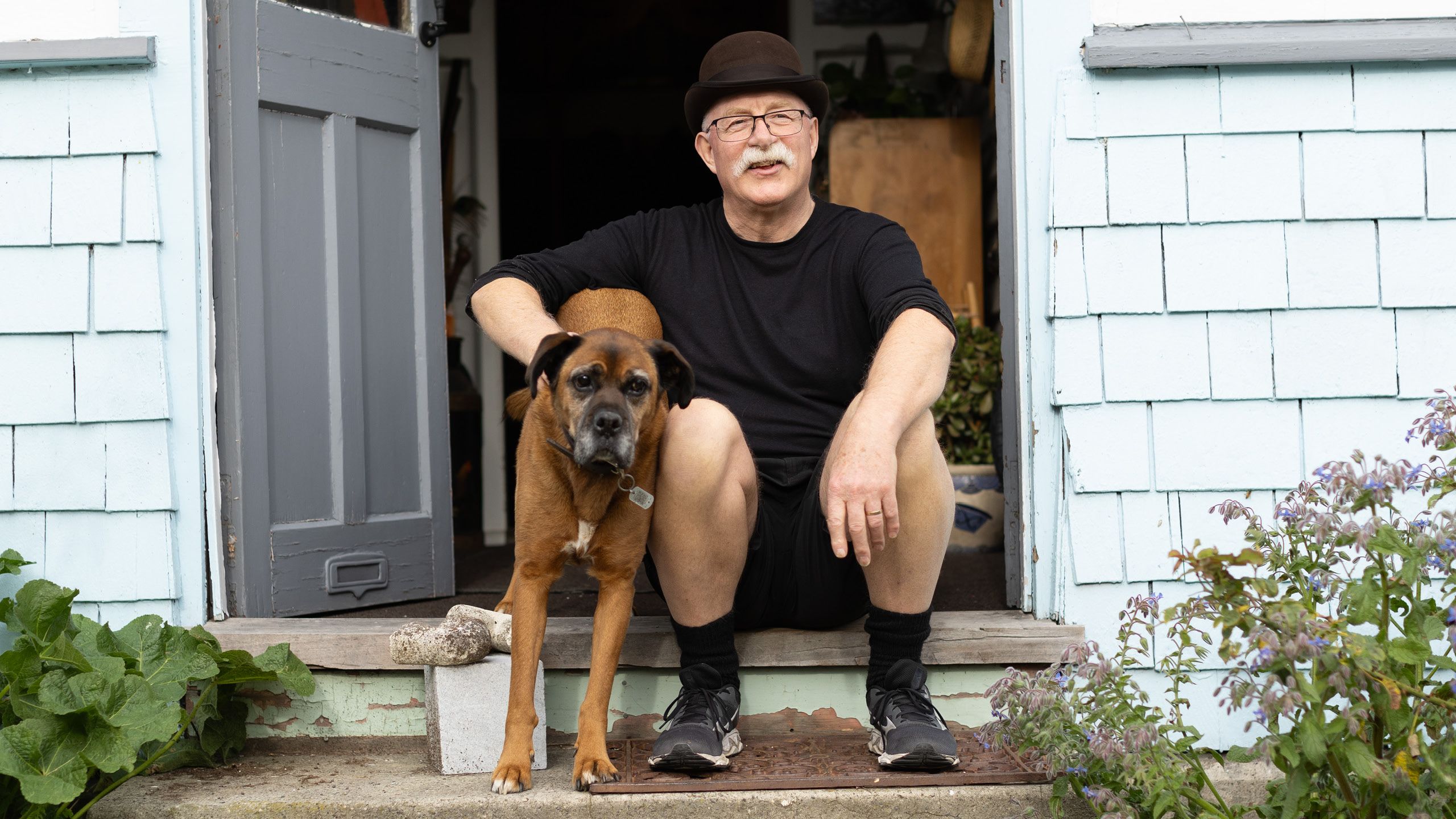Shattering the shadows
Hope and healing from New Zealand's horrifying abuse in care record
Sponsored content with the Abuse in Care Royal Commission of Inquiry
as directed by its survivor advisory group
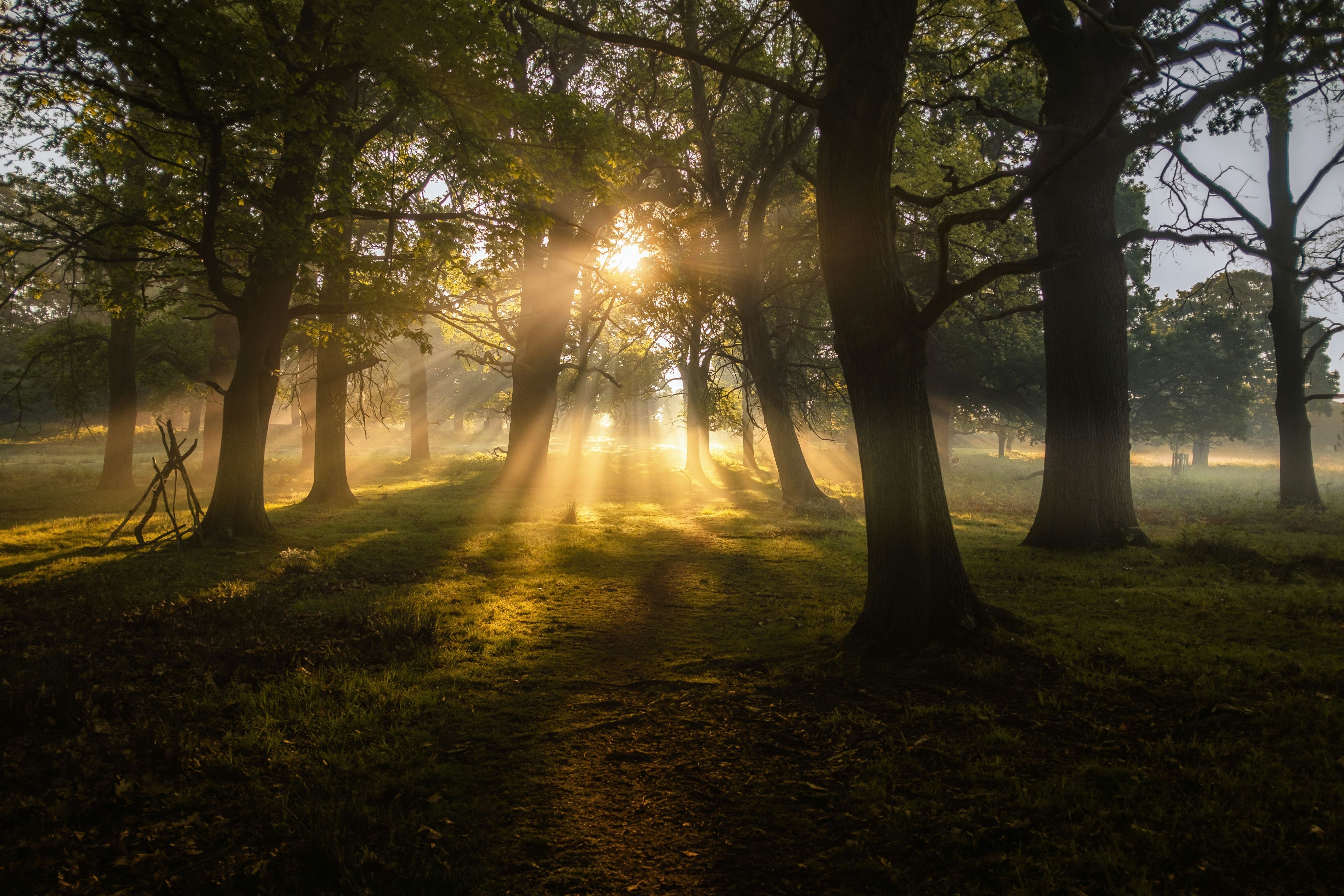
“This is our country’s shame, but we have an opportunity to help put the harm right.”
- Frances Tagaloa, faith-based survivor
Pervasive abuse, gross violations and a national disgrace. State and faith-based leaders who “failed in their duty” and “failed to hold abusers to account.”
The Abuse in Care Royal Commission of Inquiry does not mince words in its final report and recommendations, called Whanaketia – through pain and trauma, from darkness to light.
The Royal Commission is now closed, leaving the nation as a whole to put right the harm and stop abuse in care in the future.
The Inquiry's Survivor Advisory Group of Experts – known as SAGE - says Aotearoa New Zealand must deal with this dark chapter, with revelations of pervasive and ongoing abuse in State and faith-based care.
Whanaketia found the abuse spanned decades, and it continues today.
When Whanaketia was made public in July 2024, Royal Commission Chair Judge Coral Shaw said, “I implore all of those who have been moved and horrified by what they've heard not to let it go. But to become champions for change, to ensure that those who were responsible are held to account, and that the systems that are put in place in the future are ones that will prevent this national disgrace from occurring again.”
“If this injustice is not addressed, it will remain as a stain on our national character forever,” the report says.
"A national disgrace" - the devastating scale of the abuse
Survivors - once babies, children, teenagers and adults in care - are now scarred for life by the very people who were supposed to be looking after them.
During the Inquiry period, 1950 to 1999, it is estimated around 510,000 people were in State and faith-based care and up to 200,000 were abused and neglected. The true scale may never be fully known.
To address injustices with survivors as the key, we must learn about what hope and healing looks like for them.
SAGE members are just six of those people. This is their story.
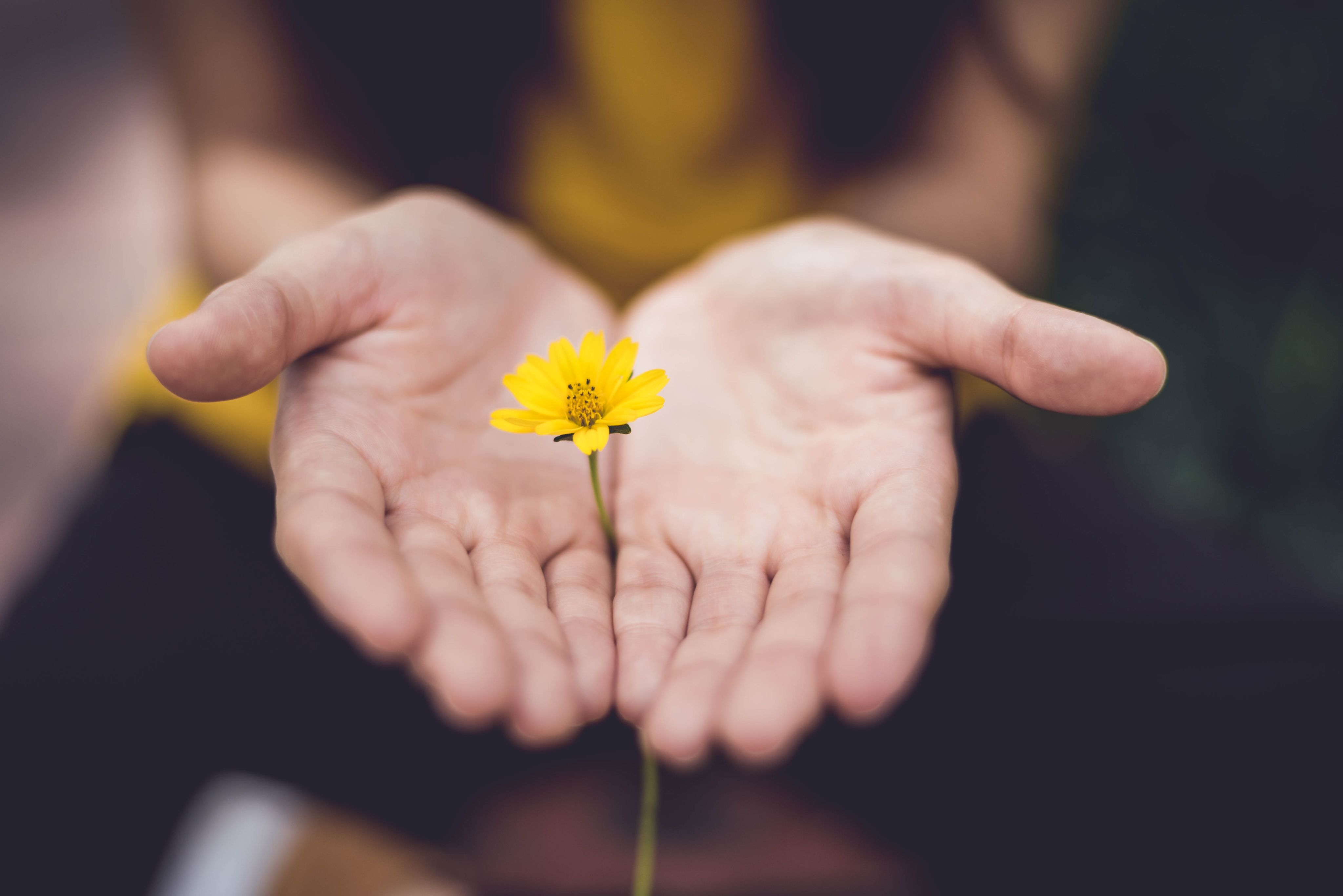

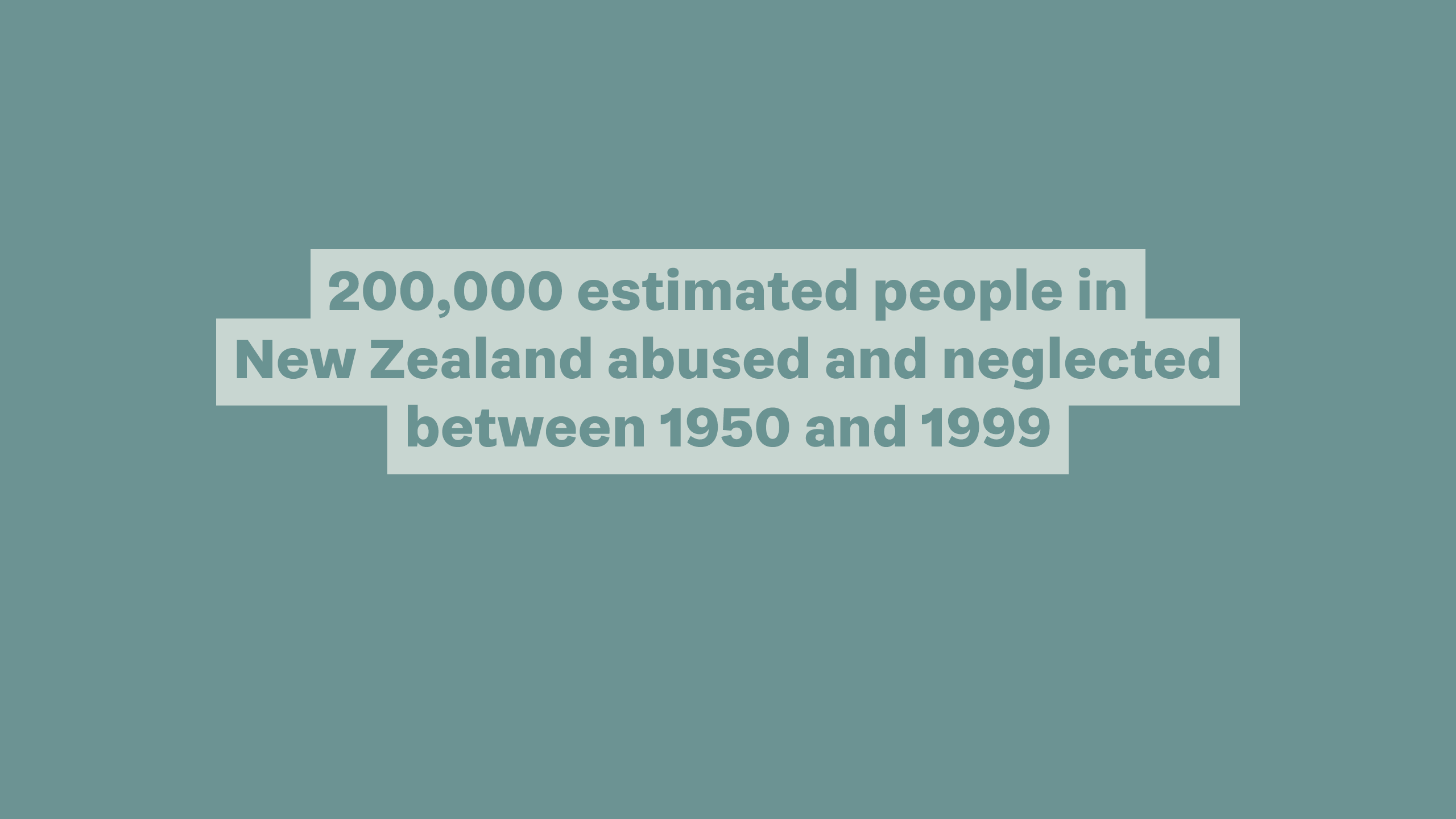
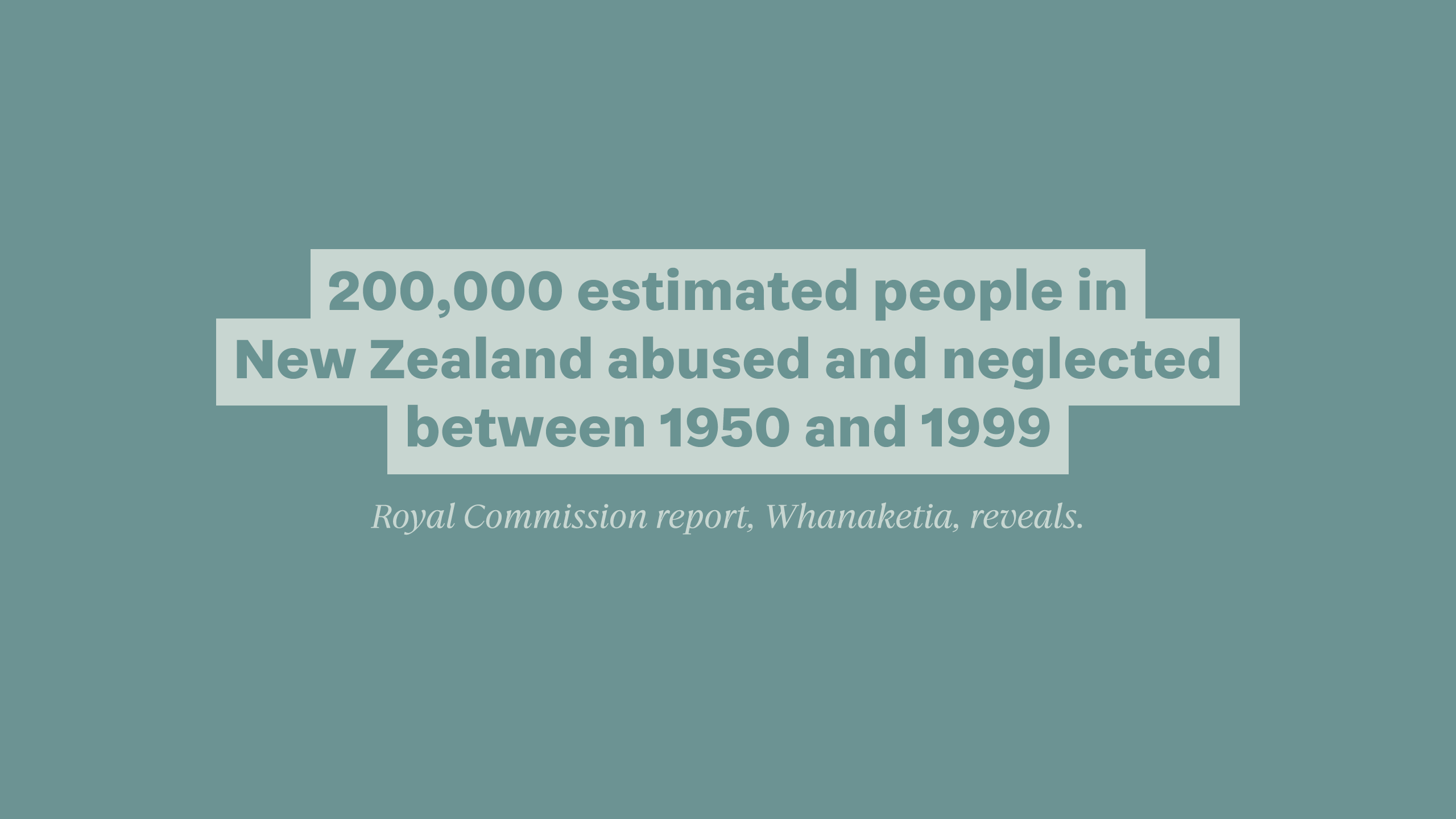
A dark chapter in Aotearoa, New Zealand
Babies, children, young people and adults in care were often targets for abuse and neglect – preyed on because of their ethnicity, disability, gender, sexuality, learning difficulty, or health condition, according to the inquiry.
Many individuals were often taken without just cause, or on advice from self-styled experts.
From residential schools to foster homes, to boys’ and girls’ homes, to church-run facilities, to hospitals, when the vulnerable tried to speak out, the system silenced them and the abuse continued.
Young, Māori and disabled, Gary Williams MNZM was sent to Pukeroa Hospital where his whānau hoped he’d be offered specialist care.
“My experience was a lot like other disabled people and Māori," he says.
"We were severed from everything we loved and valued on the pretext that our lives would be better, but it turned out to be for the convenience of a wilfully uncaring state."
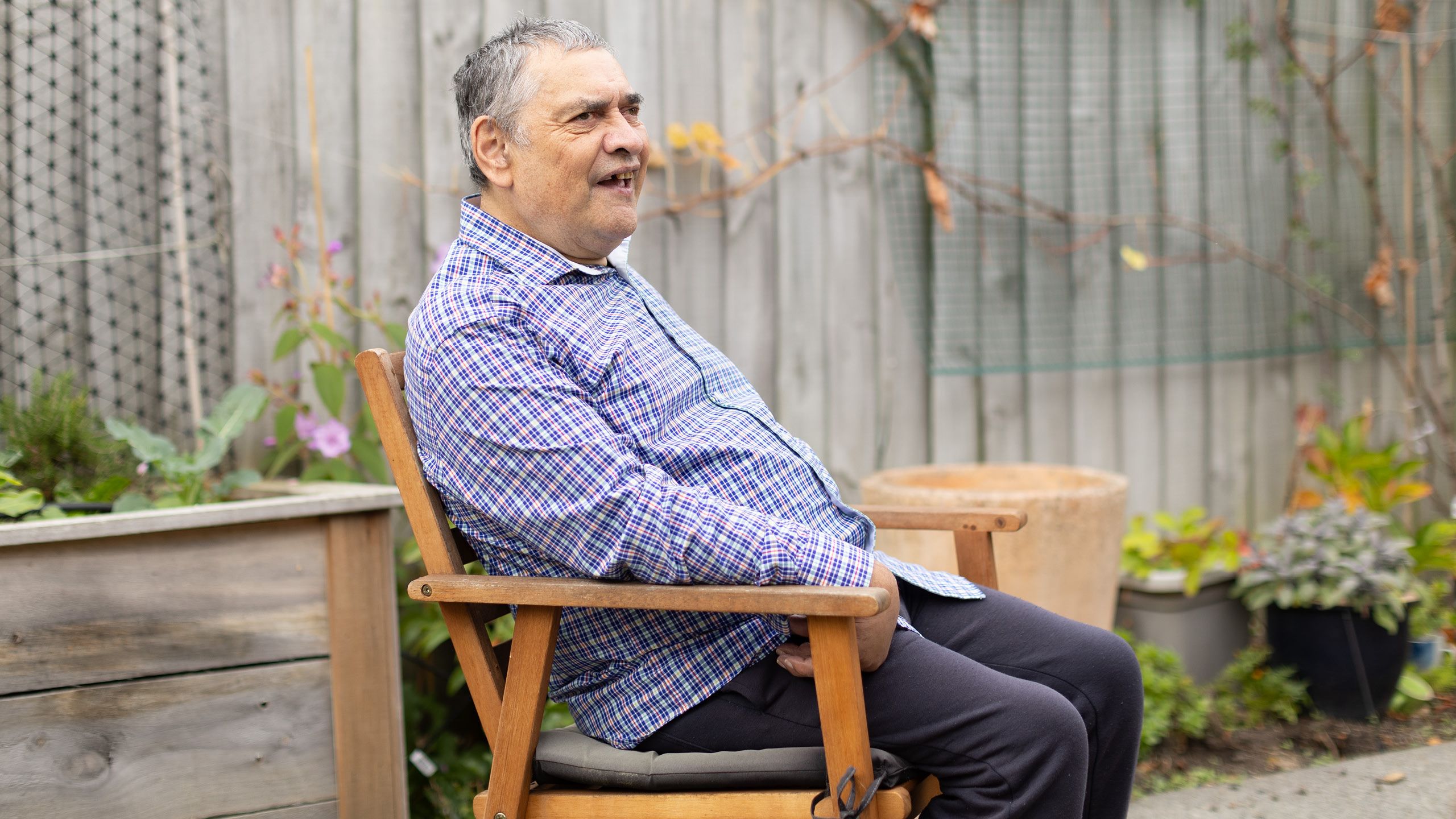

Preying on the vulnerable
Keith Wiffin was taken into care as a small child.
“Poverty and a lack of resources saw me put into State care where my mother thought I would be cared for," he says.
"How wrong she was and how betrayed we both were.”
The violence and neglect Keith suffered were perpetrated by the people meant to protect him.
He says because the system was so flawed, those who had the power to help turned a blind eye and the places where he should have been safe were anything but.
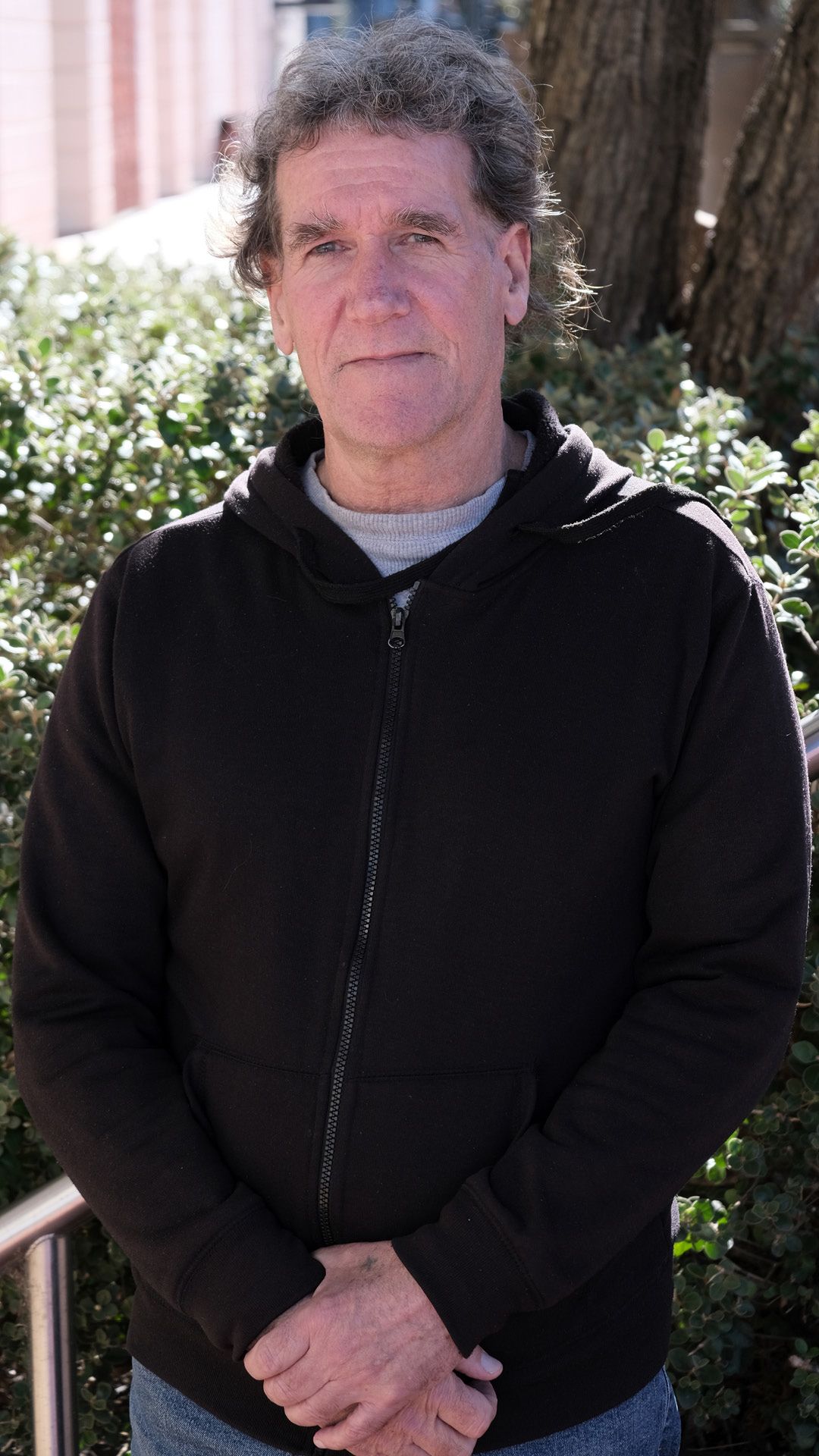

A fundamental abuse of trust
Whanaketia found that much of the abuse and neglect followed a distinct pattern where vulnerable individuals were removed from the safety of whānau.
Rūpene Amato was 11 or 12 years old when he suffered abuse at St Joseph’s School.
“Most people have a casual mentality regarding abuse, unless they know someone or are personally affected," he says.
"Society can empathise but they are quick to move to the next thing, which is why we need an independent body to investigate, advise and support survivors."
This highlights failure upon failure where cries for help were ignored, or investigations were tragically lacking.
Faith-based survivor Frances Tagaloa, abused between the ages of five and seven at Marist Brothers Intermediate by Brother Bede (Fitton), talks about the importance of sharing her experience.
“I have spoken out as a survivor of faith-based abuse because I don't want this to ever happen again," she says.
The atrocities the Commission has brought into the light are horrific.
"This is our country’s shame, but we have an opportunity to help put the harm right."
Rūpene Amato was uplifted for his welfare, and placed into a system of abuse.
Rūpene Amato was uplifted for his welfare, and placed into a system of abuse.
Frances Tagaloa and others were abused by Brother at her school.
Frances Tagaloa and others were abused by Brother at her school.
Abuse followed Tu Chapman around multiple institutions until aged 17
Abuse followed Tu Chapman around multiple institutions until aged 17
Jim Goodwin's boarding school abuse spanned five years.
Jim Goodwin's boarding school abuse spanned five years.
Lessons learned
Survivors told the Royal Commission it is vital that abuse is acknowledged, so organisations and individuals can strive to do better - for people like Tu Chapman, who was removed from whānau aged two.
“I was made a ward of the State because I was being sexually and physically abused,” she says.
“Shipped from one institution to the next, the abuse continued until I was formally released at 17.
"A lot of survivors with lived experience will give our all to ensure the creation of a safe, effective out-of-home care model that future proofs the safety of our tamariki and mokopuna.”
From all those who have suffered, the message is clear. Abuse in State and faith-based care can never be forgotten and our care system requires fundamental change to protect innocent lives in the future.
Jim Goodwin was abused during his five years at boarding school and he is unequivocal when he says we must all take responsibility to drive change.
“No amount of police checks of staff or other such tweaks to the system will change it," he says.
"The system takes vulnerable people away from their whānau and treats them as individuals, and as the problem. These people are given labels and then ‘treated’ or disciplined.
"What is needed, instead, is support in the form of resources for whānau and families.”
Speaking out: a journey to healing
For many people who have experienced abuse and neglect, healing is a lifelong journey.
The six survivors who have spoken with Stuff share what it means for them.
Tu
Healing to me means holding agencies to account for the atrocities they inflicted and to ensure the behaviours, attitudes and mindsets do not continue. Is it a lifelong journey? Absolutely and I am okay with that, but I have no faith whatsoever in the current care system and I am vocal in calling for the need to overhaul it.
Frances
Healing for me involves the Catholic Church and State apologising by way of ifoga; a traditional Samoan ceremony of seeking forgiveness and providing an apology. They need to acknowledge the abuse, seek forgiveness and provide mea'alofa (gifts) of restitution. My family needs to be part of this apology because they have also experienced the impacts. Spiritual healing is also important to me and through my own personal relationship with Jesus, which I discovered outside of the Catholic Church.
Rūpene
Healing is acknowledgement of wrongdoings, and assurance that mechanisms are in place to prevent further abuse. Awareness of abuse - including grooming and isolation of victims - needs to be brought to the forefront and policies should be set in place where survivors feel safe to speak their truth without fear of repercussions.
Keith
Transformation and improvement in the care system is badly needed, but that cannot happen without genuine input and collaboration with survivors. This means resourcing whānau, hapū and communities of all origins to be able to look after their own. It needs to be understood that the system itself is the problem, and institutional care does not work. If it’s left to the officials, nothing will change.
Gary
The preconditions for abuse still exist. These include forced separations, racism, ableism, sexism, privilege, power and control. Unless all those things change, state abuse will continue. It’s 2024, we must learn from the past about why the current system does not work. We are smart enough to make a whole lot of things better. Ultimately, survivors must lead the transformation.
Jim
Abuse within the New Zealand care system continues to this day – it is happening now. We need to treat people who need care as precious, rather than as problems or criminals. We must change the system to a collective one, so that we take care of each other at home in our whānau. We must treat people who would have traditionally been put in care as part of a family or whānau system, then we must support that system as much as is needed.
We all have a part to play
Survivors emphasise the importance of addressing and redressing intergenerational pain caused by abuse in State and faith-based care by speaking out.
They say it’s crucial to act and advocate for positive change to prevent further harm and destruction of innocent lives.
Visit https://www.abuseincare.org.nz/ to read the Royal Commission’s final report, recommendations and vision for change: Whanaketia – Through pain and trauma, from darkness to light.
#MakeCareSafe #StopAbuseNow – image created by artist Ruby Jones in collaboration with Karah Mackie and survivors of abuse.
#MakeCareSafe #StopAbuseNow – image created by artist Ruby Jones in collaboration with Karah Mackie and survivors of abuse.

Seeking help
The accounts in this article may be deeply distressing.
If you are worried about your or someone else's mental health, the best place to get help is your GP or local mental health provider. However, if you or someone else is in danger or endangering others, call police immediately on 111. Or if you need to talk to someone else:
Alcohol and Drug Helpline 0800 787 797 or online chat for people dealing with an alcohol or other drug problem; 10 am to 10 pm
Anxiety phone line 0800 269 4389 (0800 ANXIETY)
Depression Helpline 0800 111 757 or free text 4202 (to talk to a trained counsellor about how you are feeling or to ask any questions)
Family Services 211 Helpline 0800 211 211 for help finding (and direct transfer to) community based health and social support services in your area.
HELP 0800 623 1700 preventing sexual abuse and supporting survivors 24/7.
Lifeline 0800 543 354 (0800 LIFELINE) or free text 4357 (HELP)
Male Survivors of Sexual Abuse Aotearoa New Zealand Support services for male survivors of sexual abuse. Refer to website for the support organisation nearest to you.
Need to talk? Free call or text 1737 any time for support from a trained counsellor
OUTline NZ 0800 688 5463 (OUTLINE) provides confidential telephone support for sexuality or gender identity issues; 9 am to 9 pm weekdays, and 6 pm to 8 pm weekends)
Rape Crisis 0800 883 300 (for support after rape or sexual assault)
Safe to talk (Available 24/7) 0800 044 334, free txt 4334, email support@safetotalk.nz, live webchat on www.safetotalk.nz. Free and confidential information and support from trained counsellors for people affected by sexual harm in any way.
Samaritans 0800 726 666.
Shine 0508 744 633, free to call from any phone in NZ, and taking calls 7 days a week, 24 hours a day. Call for confidential support, information, advice and referrals.
Skylight, 0800 299 100 for trauma, loss and grief; 9am–5pm weekdays.
SNAP - Survivors Network of those Abused by Priests Providing peer support for women and men wounded by religious and institutional authorities
Suicide Crisis Helpline 0508 828 865 (0508 TAUTOKO).
Supporting Families in Mental Illness For families and whānau supporting a loved one who has a mental illness. Auckland 0800 732 825.
Victim Support This free service provides emotional and practical support, information, financial assistance, referral to other support services and advocacy for the rights of victims.
Wellington HELP 0800 FOR HELP supports anyone and everyone who has been impacted by sexual violence. Call anytime.
Youthline 0800 376 633, free text 234 or email talk@youthline.co.nz or online chat








